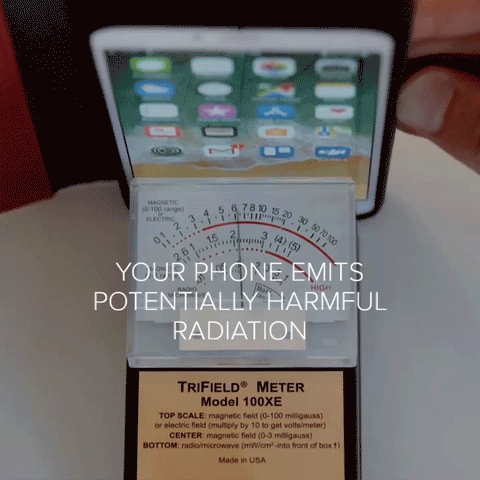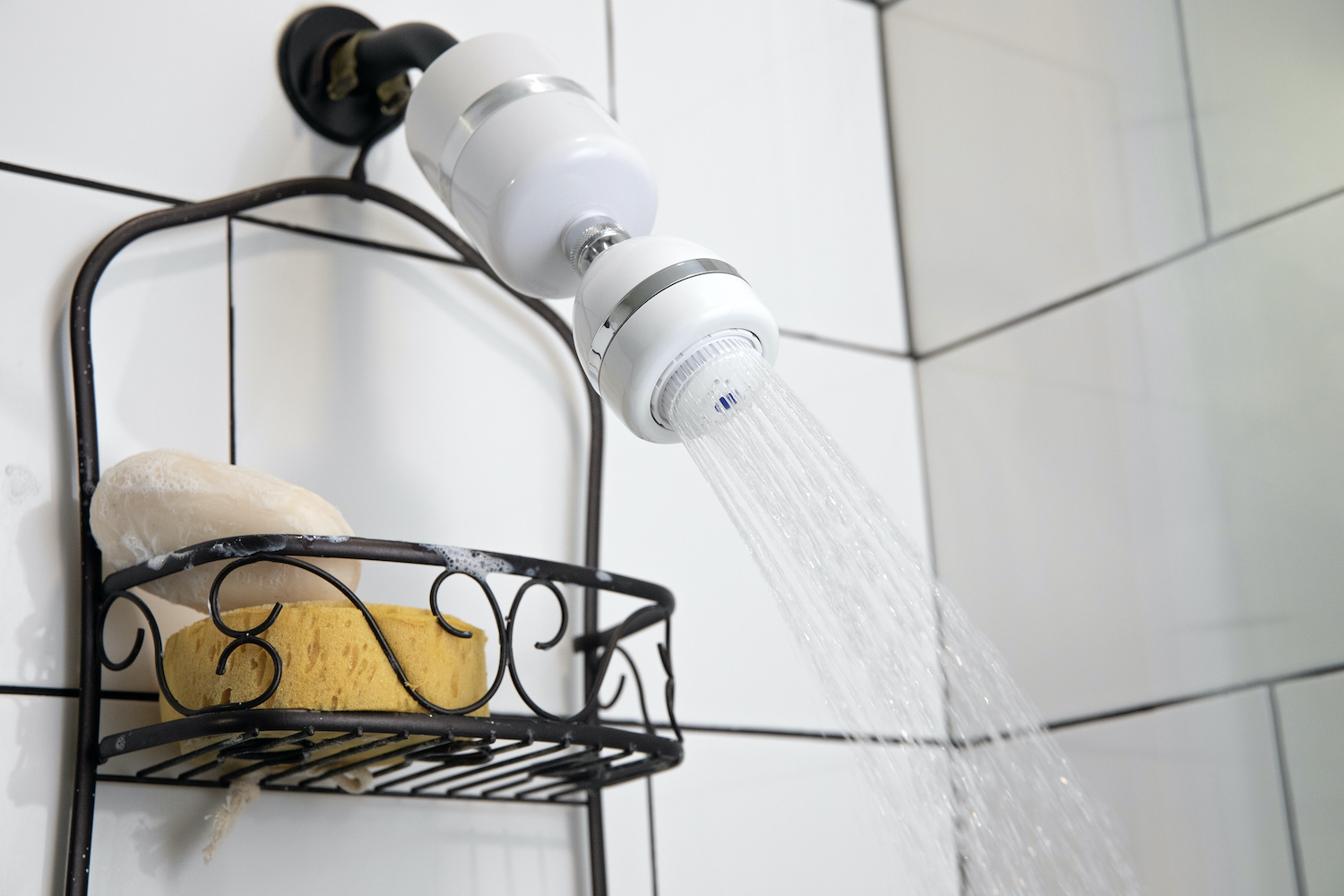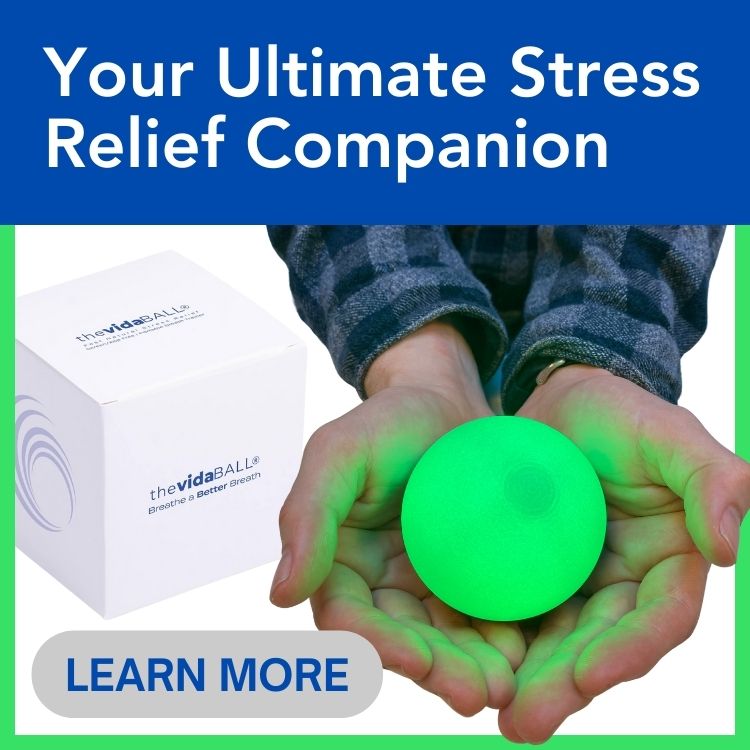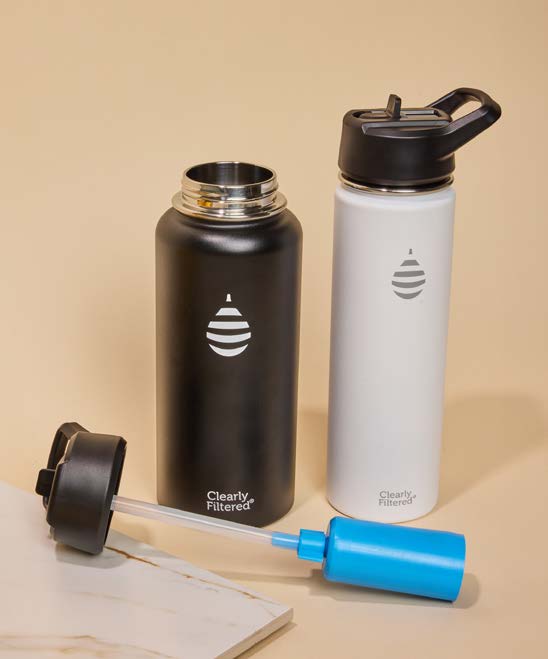How To Navigate Conventional Oncology with Dr. Sarah Ali

Ivelisse Page:
Hi, I’m Ivelisse Page and thanks for listening to the Believe Big Podcast. The show where we take deep dive into your healing with health experts, integrative practitioners, biblical faith leaders, and cancer thrivers from around the globe. Welcome to today’s episode on the Believe Big podcast. My name is Ivelisse Page. Today’s episode is all about navigating conventional oncology and how to find the best oncologist for your care. My guest today is oncologist Dr. Sarah Ali. Dr. Sarah Ali is a triple board certified hematologist and oncologist, currently undergoing another fellowship in integrative medicine. She was honored with a 2018 top doctor award and is passionate about educating her patients about wellness and vitality as they go through traditional cancer treatments. Currently, Dr. Ali is practicing at Ventura County Medical Center in Ventura, California. Welcome Dr. Ali to the show.
Dr. Sarah Ali:
I am honored. Thank you so much Ivelisse.
Ivelisse Page:
It was so wonderful to meet you at the Society of Integrative Oncology and you’re just such a delight to speak to. I’m so thankful that you took the time to speak with us today. Our listeners are always interested in discovering what our guests’ favorite health tip is. Do you have one that you can share with us?
Dr. Sarah Ali:
I thought this question was going to come really easy for me because all day, every day, we’re giving our patients advice on what to do to be healthier and live better lives. I finally came down to the message of: just chill and relax. So many of our patients that come in with a cancer diagnosis absolutely warranted to be scared and frightened. But unfortunately when we take on that kind of energy long-term, it creates the state of anxiety and even on a biologic level. It can create inflammation in our bodies. And we know that inflammation can be detrimental to cancer treatments and overall health. If we’re not relaxed, then we might not sleep well. And then that leads to us not eating well and thinking well and moving well. So I do think that being relaxed in a state of joy is my advice for all my patients. And if you spend enough time around me for my family and friends, that’s my advice. Find your joy.
Ivelisse Page:
That’s incredible. It’s so true. I think that once patients are on this road, it is so overwhelming and they are stressed and trying to make sure they’re researching all their options and to take a moment to breathe and to relax to really see things from a different perspective is so good. What that’s really great advice. Is there a tool that you would suggest?
Dr. Sarah Ali:
I think your question really encompasses what integrative medicine is all about. There are so many different aspects of integrative medicine, and one of them is relaxation coming into your body again and getting out of your head. There is one example I can share with you. He was a young gentleman with a new diagnosis of a blood type cancer. And he had shared with me on prior visits his tendency to drink and to do other recreational drugs, to cope with his life. And I knew that once I had this diagnosis for him, that I was going to share with him something that was going to change his life. I needed him to hear me. I wanted him to settle down and just listen to me, and this Ivelisse this is the first time I had ever tried this technique. I wanted him to breathe with me. So I asked him to sit up, put his shoulders back, close his eyes, and I took him through this breathing exercise. And it’s something that Dr. Andrew Weil, our mentor and program director for integrative medicine taught us. It’s called 4, 7, 8. And with counts four you inhale, hold for seven, and then you release the eight counts. You do this 4 times. And I did this technique with him. it was something that changed my practice, actually, something as simple as breathing and I saw what it did to him and our relationship within that office visit and thereafter that I took a minute to just breathe. And he was able to really relax and really listened to me and get on board with the next steps. What it does, it taps into our autonomic nervous system. And our parasympathetic system takes over to fully relax. And this is no side effects. It’s completely free. I taught him how to do it on his own, and it was just one of those examples of integrative medicine, just breath work. That can be so life changing.
Ivelisse Page:
Yes, definitely. My husband works with Navy seals and they shared with him that’s a technique that out on the field when they’re in a stressful situation that they use to kind of help to calm them, I love that no matter where you are, you can use that technique. Thanks for sharing that. Oncology is such a difficult field emotionally. What made you decide to be an oncologist?
Dr. Sarah Ali:
Oh, that is an amazing question. It was a multitude of things and to be completely honest I love to share this, that I never really wanted to be a doctor. It was something that was within our family. So many people were doctors and it was just almost expected that we were going to be on this path of medicine. And it was through a very unfortunate series of events in my family. I had lost my brother and sister in a car accident, all of a sudden. And my older sister who is going through a medical school four months after losing my brother and sister, she puts her hand on her neck and feels the lymph node. Ultimately biopsied, and she’s got Hodgkin’s Lymphoma. And my younger sister who was in the same car accident, she is really just putting pieces back together for herself. She spent weeks in the ICU and she was healing. So here I am in the late years of maybe junior year of college, I considered myself, Ivelisse, out of five of us, I was the last man standing. Somebody had to do it. It was with that mindset that I said, okay, I’ll go to medical school. I realized so late in my third year of medical school, that the oncology rotation was where I loved the patients. I loved the science behind oncology. And I felt like that was something that was just really exciting me and energizing me. It was probably a year or two later that I realized that within oncology, we do so many amazing things for healing and we have amazing outcomes, but for the people who don’t have an opportunity and do have to come to terms with the ultimate reality of death, that they could have a chance to say goodbye in ways that I didn’t with my brother and sister. So I felt like I was on this journey with everybody to prepare, to give them hope and to just be with them in connection. That was so meaningful for me. What
Ivelisse Page:
incredible story I’m tearing up, just thinking about that. What an incredible physician that makes you to be. And I think because you can understand what a family is going through in the midst of crisis, and that compassion definitely comes through when anyone speaks to you. That’s an incredible story. And what a legacy you’re leaving behind for your family.
Dr. Sarah Ali:
Thank you. We are so blessed. We’ve got so much happiness. My, both of my sisters are doing amazing and awesome. We have so many things to celebrate with their children now. It’s incredible. So a big story on hope as well.
Ivelisse Page:
Yes, definitely. What is your best advice for someone who finds out that they have cancer?
Dr. Sarah Ali:
So I feel that the initial consult that we have with a new diagnosis, we have so many things to cover in terms of: this is what the pathology report showed; this is what the scans showed; the blood tests. Now we’ve got treatment, side effects, potential toxicities. I can spend easily 45 minutes, one hour and still not have enough time. But at the end of the visit, I’ll ask my patients, okay, what are your questions? And it was: what should I eat? That was the question that was 95% of the time they wanted to know. And it really isn’t about what should they eat? It was more about what do they have control over and what can they start to do to help this experience go more favorable to have the best outcome as possible. So I think that’s where integrative oncology really comes in, is we’re going to do our work with the traditional treatments with whether it be chemotherapy, manipulating hormones and immunotherapy, surgery, radiation. What are we going to do in the office versus what is everybody going to do at home? And integrative medicine is there’s so many aspects of really what that means. The challenge we have currently is, can we put it all under one roof or are patients going to have to seek individually what’s important to them? And we can talk about the financial aspects of that later on, but the integrative medicine aspect it involves having, I think, first and foremost, a really strong dietician. Knowing what nutrients are important for us during treatments. How much protein is good enough. There is such thing as too much. And as, as patients go through and seek guidance, my hope for the future of integrative oncology is that oncologists can be that source of information for them. Yes there’s a lot of fear. There’s so much top five and top 10 lists going around of what to avoid and what to do. It’s overwhelming. And I think it’s incredibly confusing for patients. There’s so many discussions about sugar, and I do believe that consumption of overly processed foods and really sugary foods can be detrimental. But I also think that there is a balance. That as humans we can withstand a little bit of sugar from time to time. I think it’s our attitude about the sugar. That’s almost more important than the sugar itself. If we have a concept or an ease about what we’re doing in life, I think that’s ultimately, what’s going to work for everybody and it’s forgiving yourself being moderate in your lifestyle, not going extreme. I think ultimately those are the principles that are going to enhance treatments and longevity.
Ivelisse Page:
I agree. And that’s one of the things that is so important is avoiding the white flours, the sugars, but it can take over your life as well. There is a direct correlation, as we know from the studies that showing that, the sugar does not help your healing process, whether you have cancer or whether you have the flu. It’s really important to avoid that. But, my integrative doctor gave me some great advice once and he said, if your whole day is spent on treating the cancer and what you’re not able to do and what you’re removing, then the cancer is winning. So there has to be that humanity side of balancing, what is best for your case, doing what’s best for your body, but then also having great quality of life through a very traumatic and difficult time. Did you have nutrition training in medical school?
Dr. Sarah Ali:
I will say that when I was in medical school, if we did have a nutrition module, It wasn’t substantial. I don’t remember much. And it’s shocking that we didn’t, and I know of medical school programs now that are incorporating nutrition labs and cooking courses, classes for wellness. So that’s promising. The medical school curriculums are taking nutrition more seriously. We have really awesome dieticians in a lot of our cancer centers that can guide patients. But I think there’s always room to, to boost that and make it better. If we think of our diet as part of our healing then I think we would take it a lot more seriously. And what integrative medicine in general could do for us is disease prevention is catching all of this inflammation and cancer even before it starts to manifest in our bodies. And to do that with diet, that would be incredible.
Ivelisse Page:
When I was at the waiting rooms, my oncology, appointments, here are individuals whose bodies are broken down and trying to heal. And I see carts being rolled with potato chips and soda and candy bars. I know that in their eyes, they’re just trying to encourage, and I was told by my oncologist that their main concern is that patients are going to lose so much weight that they aren’t going to be able to continue treatment so they tell them to eat whatever they want. But, if you think about a child who is sick with the flu, are we going to give them a soda and hamburger, French fries? Or, are we going to give them orange juice and chicken noodle soup and things that are healing to the body? It’ll be great to one day have those messages merged into this area where there is so much confusion. So what does the nutrition aspect look for you now that you’ve been through this integrative training?
Dr. Sarah Ali:
I think the most exciting aspect of nutrition is really one in particular, the Mediterranean diet. There’s anti-inflammatory properties within the food options. I think the Mediterranean diet also is more forgiving. There’s so many more options. It’s not as restrictive. And I like that. When we have patients going through their cancer treatments, there’s a lot of do’s and don’ts, but with the Mediterranean diet, they can have lean proteins. They can have fish, fruits, vegetables, healthy grains. I like the Mediterranean diet. Another aspect of nutrition that is so fascinating is the world of mushrooms. To learn more about the properties within a specific mushrooms, I would say what I’ve learned is to avoid the white button mushrooms that we find raw in our salad bars. Stay away from those. But more of the Asian mushrooms, maitake, shiitake, reishi mushrooms, turkey tail, lion’s mane they have properties when cooked properly. They have anti-inflammatory effects through the cell wall, the beta glucans. Once we ingest them, our body can recognize them, enhance an inflammatory response that is actually favorable for fighting cancer. The studies and the data that we have, I think it’s emerging. But we can actually start to heal with something as simple as mushrooms.
Ivelisse Page:
A hundred percent. And that’s something that I actually incorporated into my healing journey all those years ago. And even to today, I take host defense, which is a supplement that you can take either via spray, through veggie capsule and it’s phenomenal to help keep your immune system strong. Going into another area that we get asked a lot is, how to bring up wanting a more integrative approach to treatment with their oncologists. What would your advice be to patients who want to pursue a more natural approach, but are concerned that their oncologists won’t support them?
Dr. Sarah Ali:
Oh, that’s a great question. I think what I’ve noticed with patients is they’re scared to bring it up. They think we’re not going to support them. And one of the questions that I like to ask from the get-go in the very beginning is I get to know my patients is what are your values? What’s important to you, and can we work on this together? And the answer is always, yes, we can work on this together, but it’s really, I just want to know what’s important to them and something I would discourage for majority of my patients is something alternative. Because I am a conventional oncologist, I see great value in chemotherapy, and then that the treatments that we do, but I feel passionately that we can integrate the other modalities and we can work together. So with whatever patients have in mind I try to encourage a very open and honest communication in the office. What are they doing? What are they curious about? And is this going to have a negative impact on treatments? What are some things that we need to look out for? Do I need to monitor them with blood work a little bit more carefully? If I see something that is going to be obviously harmful, then that’s the discussion we’re going to have, but if there are other modalities of treatments, then I try to make them feel as comfortable about it, and so we can work together. That’s the fun of integration is that we don’t have to do one or the other. We can do both.
Ivelisse Page:
That’s such great advice. And I really believe that it’s important to have this team approach to your care. When we, at Believe Big, were talking to individuals who were sharing how, like you said, it’s really important to find an oncologist like yourself that is open and humble enough to listen to a patient’s desire for a more integrative approach, and to make sure you have that person on your team who is willing to listen and that’s just so valuable to a patient. So I’m really grateful that you are one of those who listens to their patients.
Dr. Sarah Ali:
Thank you. We don’t know everything. We have so much more access to information now than ever before. And just to, to have that collaboration with our patients, if they have something that they want to try, or if there’s emerging data that doesn’t look like conventional FDA approval just yet, then first do no harm, but let’s see what we can do. I feel integrated medicine can give our patients an opportunity for better outcomes, even less toxicity, have longer remissions and even higher cure rates. If we can start to incorporate all of these modalities of diet, nutrition, exercise, energy, medicine, acupuncture, even spirituality. What we feed our minds, and the human potential, when we start to believe in a positive outcome, what our bodies can do and how we can respond and align ourselves with wellness and health during a time that is pretty scary. We have great potential.
Ivelisse Page:
Yeah, definitely. One aspect Dr. Ali that isn’t spoken about in conventional medicine is that watchful waiting period when the patient has had their labs and most oncologists say everything looks good. Let’s wait and see for three months. And we’re always sharing with patients. Don’t wait and see. This is really a time to continue with healing, to continue to move forward in, in your nutrition and the other aspects of your health. How has your perspective on that watchful waiting period with your patient?
Dr. Sarah Ali:
You’re asking me a question that I have never considered, but the message that I have in these in-between times is don’t give up, don’t slow down. If you are eating well, continue to do so and decreasing the stress in your life. It’s really simple. I do encourage eating well, sleeping well, moving well, speaking well, believing well and just this visualization of a positive outcome for yourself. These are all things that is really encompassing of a healthy lifestyle. What happened before the diagnosis of cancer? What was happening in life that allowed cancer to happen? There’s things that we’re never going to be able to control, but let’s focus on the things that we can. And even to the point of genetics, there are genetic mutations that are responsible for cancer. What I’ve come to see in my practice is that’s a rare situation. Occupational exposures, something within the environment that could trigger tumor development or even emotional that has not been addressed in healthy ways. Those are things that can lead to sickness, inflammation, cancer. So in these three month visits and three month follow-ups, what can we do is continue to heal. We’re going to do therapeutic things to kill the cancer, but it’s on the patients to really take that and heal within themselves. And so your question has helped me think about how to frame my visits with these follow-up three months, six month followup visits, a little bit more directed. There’s work to do. There’s a lot of work to do.
Ivelisse Page:
That’s great. What can we do as individuals, and Believe Big in general as an organization, to continue to help bridge this gap, that’s right now between this conventional world of oncology and the integrative complimentary medicine world. What would you say would be something that we could do to bridge that?
Dr. Sarah Ali:
I am so appreciative of what your organization is doing bringing it about the awareness of what integrative therapies are like and generating enthusiasm, bringing knowledge and financially giving people hope about what they can do. I think just giving us a chance to speak and for me to share my message is incredibly amazing for me to do and for you to give me that opportunity. Exerting political pressure is also I think something important that we can come together with not just state by state, but nationwide. And how can we get integrative therapies to be covered by insurance? We’re not thinking about wellness in terms of the way we should. We’re not being compensated for wellness. It’s more for prescribing medications and being sick. So I feel that your organization is something that is so vital and it’s a voice for patients. I came to know something just this morning and you probably mentioned it during your keynote speech at the Society of Integrative Oncology conference, where I met you. It was about mistletoe therapy. And how important you were in bringing that as an awareness to people in America. In November of last year, I was invited to Switzerland and I was able to tour the Arlasign Clinic in Switzerland and they are just leading the way on what mistletoe extract can do for cancer patients. It was so incredible to me. I came back so energized and wanting to do mistletoe therapy for more of our patients. You’ve been so instrumental in Hopkins doing phase one clinical trials and getting the data so we can look at mistletoe extract more seriously, but this is just one example. In Europe, we have a therapy that can reduce side effects of treatments, have even anti-tumor properties if given IV versus subcutaneous, and looking at what natural plant medicine can do for us. Mistletoe has a host plant and they found that the the life span, the lifecycle of mistletoe is offset of the host tree in the somewhat of a semi parasitic fashion. We can manipulate those properties in our advantage when it comes to tumors and how to treat. Patients undergoing mistletoe therapy, in my experience, they looked better. They didn’t look as worn down and tired and fatigued. They’ve been doing this for generations to the point where, it’s covered by insurance.
Ivelisse Page:
And that is our goal here. We hope that one day as the trials go through that, it will be covered by insurance and it can become a part of standard-of-care, so that conventional oncologists like yourself can prescribe it.
Dr. Sarah Ali:
And this doesn’t have to be an alternative therapy if we can prove that it has benefit and and where Europe has already done. But if we can get our data and offer that in conjunction to traditional therapy, I think this is going to be just really exciting. So Ivelisse you’re doing it. You’re already doing it. Thank you.
Ivelisse Page:
Thank you for being a part of this podcast, really just so grateful for your insight and for your time. And in closing, could you share what would be your advice for a patient in selecting the best oncologist for their care?
Dr. Sarah Ali:
Ah, I love this question. It’s relationship, and as with any relationship we have with our life partners, our family, our friends, it’s communication. So it’s almost like you got to get a vibe with your oncologist, get a sense.. Are you going to be able to talk to them? Are they going to listen to you? I think that’s really the most important thing is developing a trusting relationship with your oncologist. And if it doesn’t feel like a good fit, then move on. Find somebody that is going to listen to you in the way that you want to be heard. And it’s really just finding that relationship. I think that’s the advice that I would give in finding that care team that is going to look at you as an individual, listen to you, guide you and I think that’s where you’re going to have the best outcomes when that relationship is nurtured.
Ivelisse Page:
Yep. I agree. And for those listening, who would like our free questions to ask oncologists our resource, please email us at info@believebig.org. And we can send you the free PDF that you can take along to your appointments to discover, as you’re interviewing oncologist, if this is the person that’s going to be best for my care. Dr. Ali, thank you so much for joining us today and for all that you do for the patients that we serve.
Dr. Sarah Ali:
It’s my pleasure. And thank you again for giving me this opportunity to chat and to share. It means so much. Thank you.
Ivelisse Page:
If you enjoyed this episode and you’d like to help support our podcast, please subscribe and share it with others. Be sure to visit believebig.org to access the show notes and discover our bonus content. Thanks again, and keep believing big.





